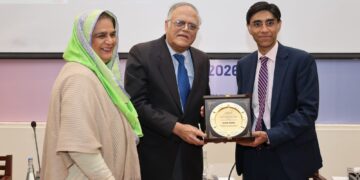The government’s recent proposal to amend Pakistan’s Constitution has sparked significant debate and concern. The changes aim to alter the judicial reforms established by the 18th Amendment in 2010, which were once seen as major steps forward for democracy.
The 18th Amendment introduced several key reforms: it renamed NWFP to Khyber Pakhtunkhwa, removed the concurrent list to give more power to provinces, and reinforced judicial independence. A central feature was Article 175(A), which created a Judicial Commission responsible for appointing judges. This commission included the Chief Justice, two senior Supreme Court judges, the Attorney General, the Federal Law Minister, a retired Supreme Court judge, and a senior advocate.
The proposed amendments seek to change this setup. Instead of the Judicial Commission handling appointments, five senior judges would be nominated for selection by the Prime Minister. This shift would move the power of appointing judges from an independent body to the executive branch, raising concerns about the separation of powers.
Additionally, the amendments propose making High Court judges transferable between provinces. This could expose them to greater external pressures. The timing and nature of these changes have led to fears that they may undermine judicial independence and disrupt the balance of power.


Dr Syed Akhtar Ali Shah



















